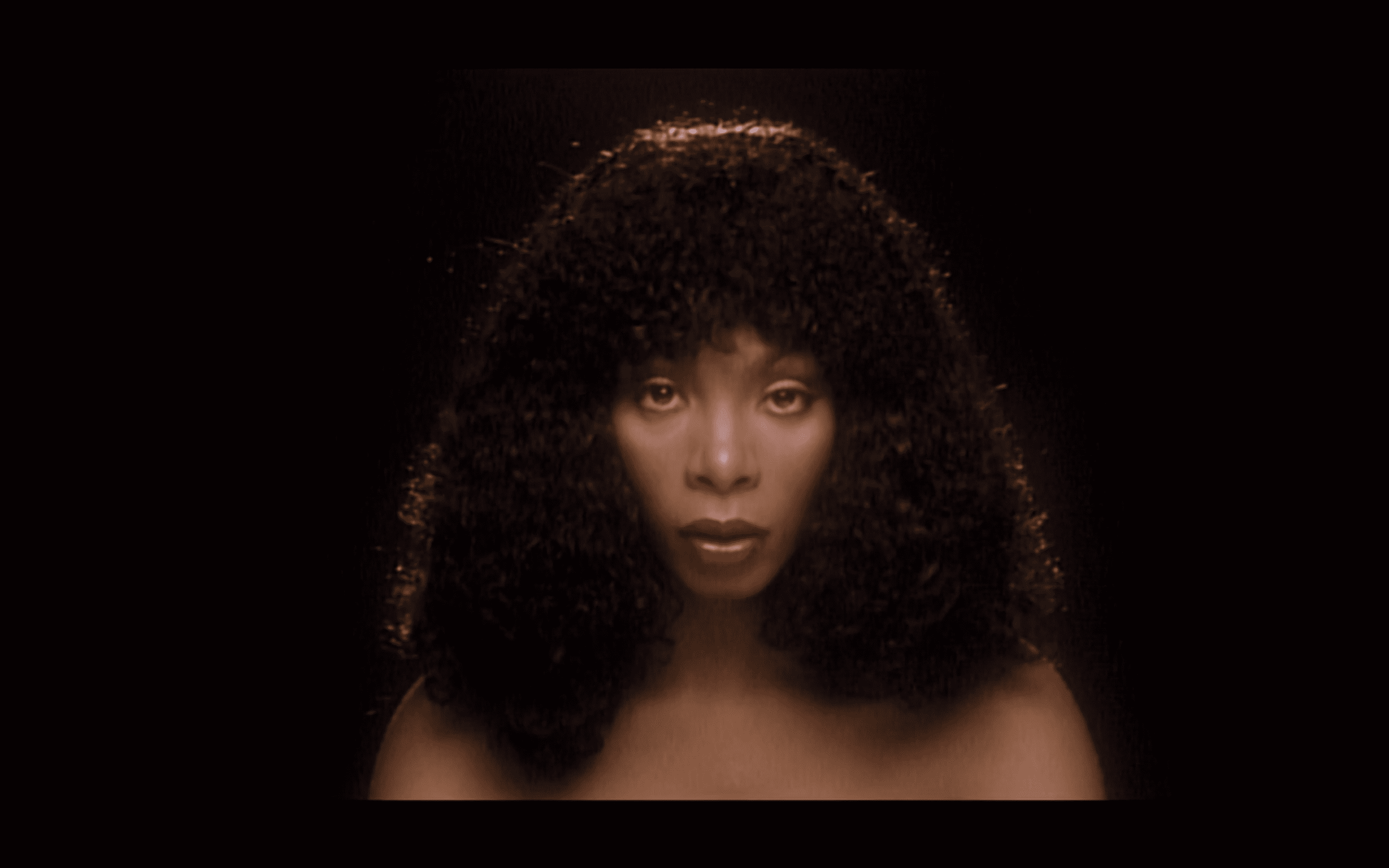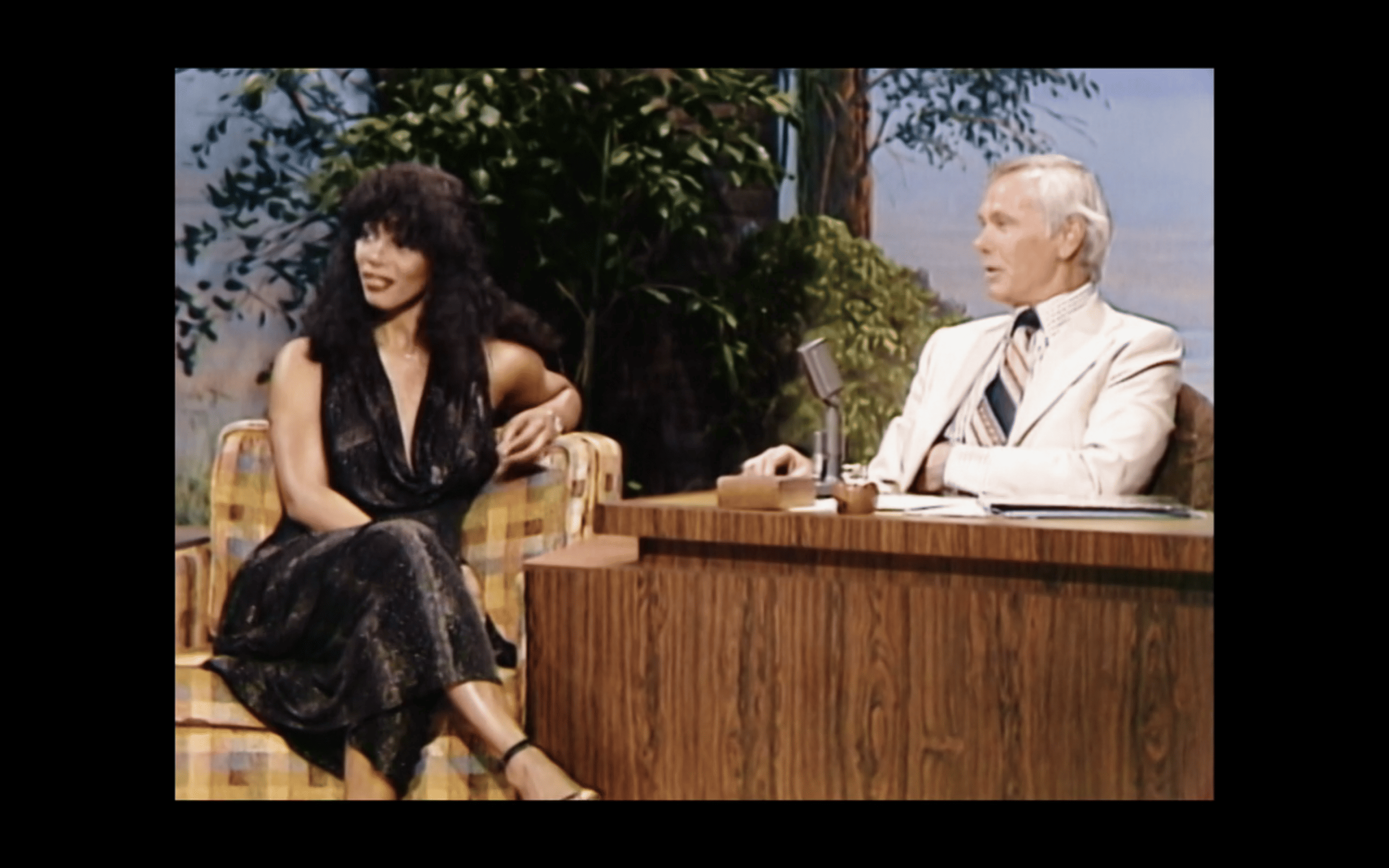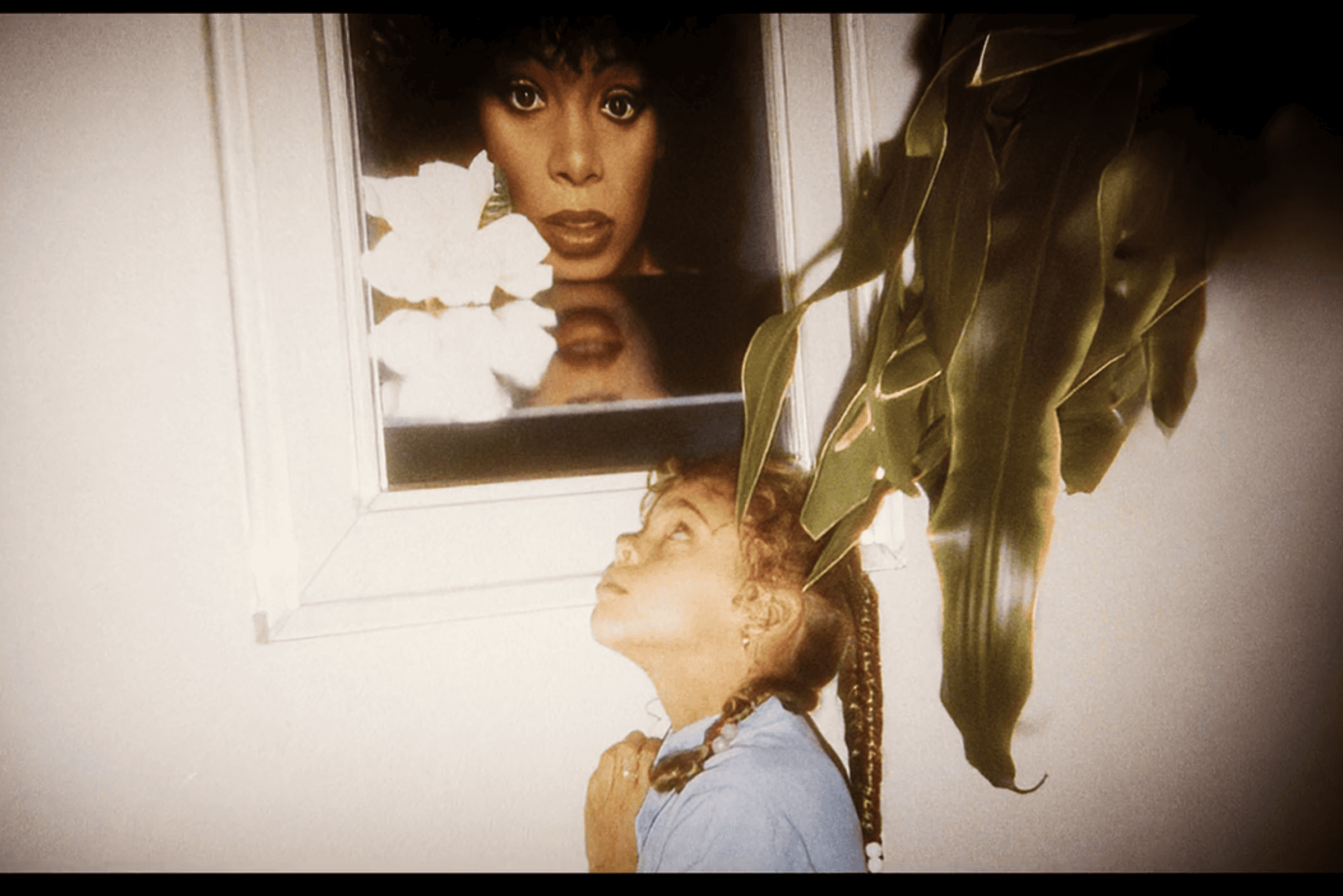Love To Love You, Donna Summer (2023) – Review and Summary
“Love To Love You, Donna Summer” is extensive but underwhelming.

Spoiler Alert: This summary and review contains spoilers.
Additionally, some images and text may include affiliate links, meaning we may earn a commission or receive products if you make a purchase.
| Director(s) | Brooklyn Sudano, Roger Ross Williams |
| Screenplay By | Brooklyn Sudano, Roger Ross Williams |
| Date Released | 5/20/2023 |
| Where Can You Watch? | HBO Max |
| Genre(s) | Documentary |
| Duration | 1hr 48min |
| Rating | PG-13 |
| Noted Persons | |
| Donna Summers | As Self (Archive Footage) |
| Bruce Sudano | As Self (Archive Footage) |
| Brooklyn Sudano | As Self |
| Mimi Sommer (Dohler) | As Self |
| Helmuth Sommer | As Self (voice) |
| Micahel Mckean | As Self (Archive Footage) |
| David L. Lander | As Self (Archive Footage) |
| Janis Joplin | As Self (Archive Footage) |
| Elton John | As Self (Archive Footage) |

Unleashing The Power Of Music
A Burgeoning Star
A Boston native, Donna Summer was a five-time Grammy winner who emerged as a shining star in the music industry, leaving a forever mark on the disco scene of the 1970s. With a remarkable journey that began with an audition for the German musical sensation “Hair,” the former praise-team sweetheart swiftly rose to fame, captivating audiences with an undeniable talent and captivating stage presence.
With a voice that exuded sultriness, Donna Summer’s music and sex appeal resonated deeply with an entire generation, particularly within the vibrant young gay community and in hippie circles. Her funky tunes and hypnotic hips became synonymous with her name, captivating the hearts of fans all over. She even expressed a sort of shock or discomfort after having fans proclaim their love to her in real life.
Donna had a rocky public career after saying controversial things about homosexuality that offended her base but she still sought acceptance and understanding from her formerly loyal base. Besides Donna’s extraordinary musical accomplishments, this artist embarked on awe-inspiring milestones that set them apart. When her talent began to become desired everywhere, she hustled doing late-night shows and making a name for herself. Notably, they made history as the first Black woman to take legal action against Casablanca, the same label that propelled them to success. Filing a groundbreaking lawsuit demanding ten million dollars, they fearlessly protested against the label’s mistreatment and lack of proper compensation.
The Disco Queen’s Sphere
Lore of Lovers
Beyond Donna’s remarkable career, her arrival in Germany opened doors to various successes in her professional and personal life. The documentary delves into the significant individuals who played pivotal roles, shedding light on fleeting connections and enduring relationships. One such encounter was with Helmut, a young man, marking her German debut. Initially, he described her as a “funny girl,” but their bond grew distant after the birth of their daughter, affectionately named “Mimi.” Donna was constantly on the road, and entrusted her parents with her child’s upbringing. This was all while she devoted herself to other responsibilities which, strangely enough, the documentary seemingly framed as more pressing.
The documentary briefly touches upon a long-term abusive relationship, casting a shadow over Donna’s life. However, it primarily focuses on the profound marriage between Donna Summer and Brooklyn Sudano, offering an in-depth exploration. As a vivacious, multi-talented creative, Donna embarked on a journey of motherhood with Brooklyn Sudano, raising their two daughters and grappling with the complexities of their development. HBO’s “Love to Love You, Donna Summer” reveals the intricate interplay of challenges and joys within these relationships, illustrating how they ultimately shaped her identity.
The film beautifully captures the nuances of Donna’s personal connections, highlighting the dichotomy between positive and negative aspects. Each relationship, whether shallow or everlasting, left a mark, molding her in profound ways. It was detailed in the beginning of the film that she was even abused by a church clergyman, which caused her guilt later in life. It is inspiring that through this exploration that the audience gains a deeper understanding of Donna Summer, witnessing the transformative power of love, loss, pain, and resilience that colored her journey.
Help At Home

Donna Summer’s eldest child spent a nice amount of time being in the spotlight with her mom after she had gained serious fame. Mimi described observing “everyone always wanting her” during her formative years. It was an interesting contrast between the melancholic estranged feelings shared by both the two in comparison to the apparent feelings of safety and comfort when they were together. Harmful upbringings were brought up, and the documentary goes into the nitty gritty of sexual abuse as a reality for young women. Donna never seemed to be able to accept that she could not fully protect her babies, which likely haunted her.
On The Fence
Building A Story
The audience hears a lot from the Disco Queen’s children and those closest to Donna. There is an abundance of home videos to decorate the film alongside elusive sound bites floating in the background’s non-diegetic sound. Just a bit reminiscent to those showcased in Netflix’s “Thirteen Reasons Why,” which, for context, was a cheesy young adult drama. Donna’s daughters cultivate cultural value by choosing to produce a creative homage to their incredibly versatile mother, a model, singer, and actress.
Would it be possible to make this documentary more of a chronicle than a digital shrine? Surely, but that is not what Donna’s biological legacy decided on. All of Donna Summer’s children were involved in the entertainment/creative industry, and solely by the existence of this piece; the audience can grasp how much of an instrumental force to be reckoned with she was in her family and in the world.
This documentary delivers an underwhelming set-up for development when explaining what happened after the height of her career and all the drama that cooked in the media after her initial missthink. The goal is to excuse her behavior, but they (the phantom audio memos) never really talk about what she thought and how she struggled through morality or religion, especially after being abused in the church. It would have been much more profound if there was more to say about her relation to the god she believes in and correlating views.
Things To Note
- Dialog: Age Appropriate
- Violence: None
- Sexual Content: Mentions sexual/domestic abuse/violence
Images used for editorial and commentary purposes. All rights remain with their respective copyright holders.


